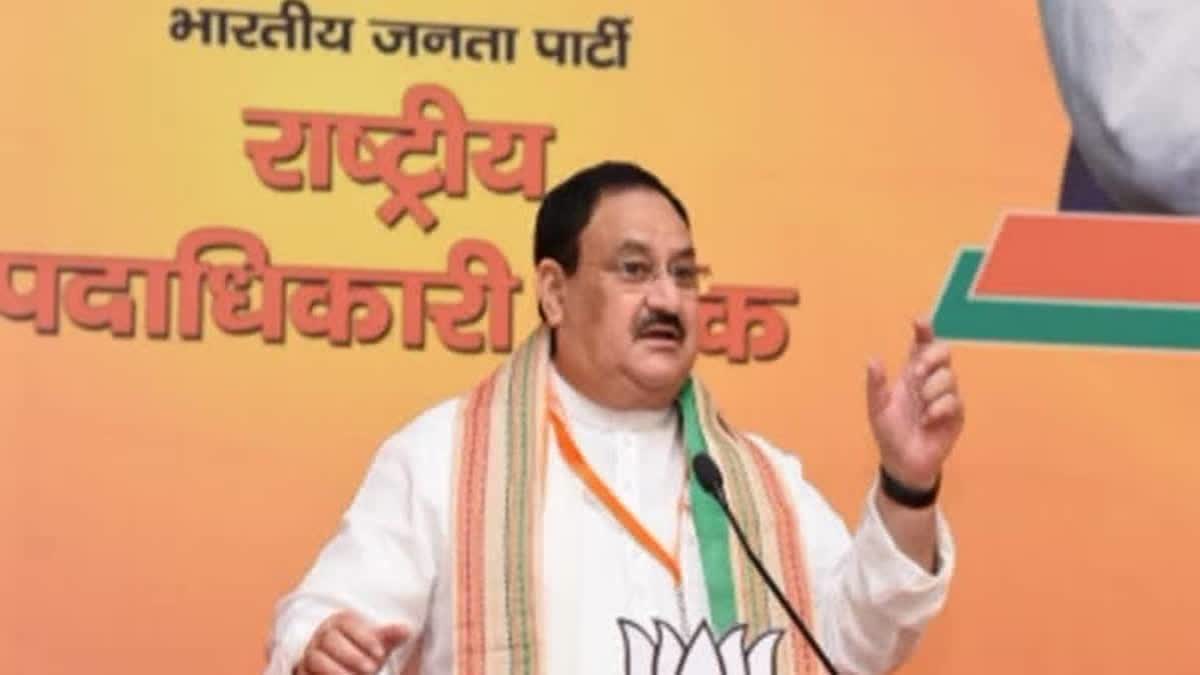New Delhi: BJP chief JP Nadda on Saturday unveiled a commemorative postal stamp acknowledging the significant contribution of India-origin Tamils in building the plantation industry and other crucial infrastructure in Sri Lanka.
Appreciating the efforts of the Sri Lankan Tamils who faced several hardships first under the British regime followed by the discrimination under independent Sri Lanka, Nadda said, "It's a matter of great happiness that we are today remembering the year 1883 and commemorating the India-origin Tamils who reached Sri Lanka 200 years back."
"Britishers encouraged them to migrate to Sri Lanka after they started economic activities there and wanted them to work in their fields. Their struggle has been very painful. Those people never knew the risks associated with migrating to Sri Lanka and faced several hardships in almost all spheres," he said.
Lauding Prime Minister Narendra Modi for his engagement with the Sri Lankan Tamils ever since the BJP came to power in 2014, Nadda said, "In 1947, India became independent and Sri Lanka followed suit. Today, we are remembering the first group of Indian Tamils who reached Sri Lanka. It's an emotional occasion and we have to look positive."
Before the event, Tamil Nadu BJP chief Annamalai highlighted PM Modi's commitment to the welfare and development of India-origin Tamils in Sri Lanka. Annamalai emphasised that the central government, under PM Modi's leadership, has undertaken various initiatives, including sanctioning of 14,000 houses and providing essential services including healthcare, education, and cultural facilities to the India-origin Tamils in Sri Lanka.
Addressing the gathering, Senthil Thondaman, Governor of Eastern Province (Sri Lanka) who was a special guest at the event, lauded PM Modi's efforts on supporting Sri Lanka during the crisis, referring to it as economic crisis.
"I want to thank PM Modi for his efforts in rebuilding Sri Lanka during the economic crisis and for neighbourhood policy as well as his support to Sri Lankan Tamils. We are the third largest ethnic group. When we came to Sri Lanka, we were told that we'll be settled in England but that never happened. After British left, we were given independence but after that our struggle started. We became stateless. Though we have now received citizenship, we want equality at par with others", he said.
Read more



